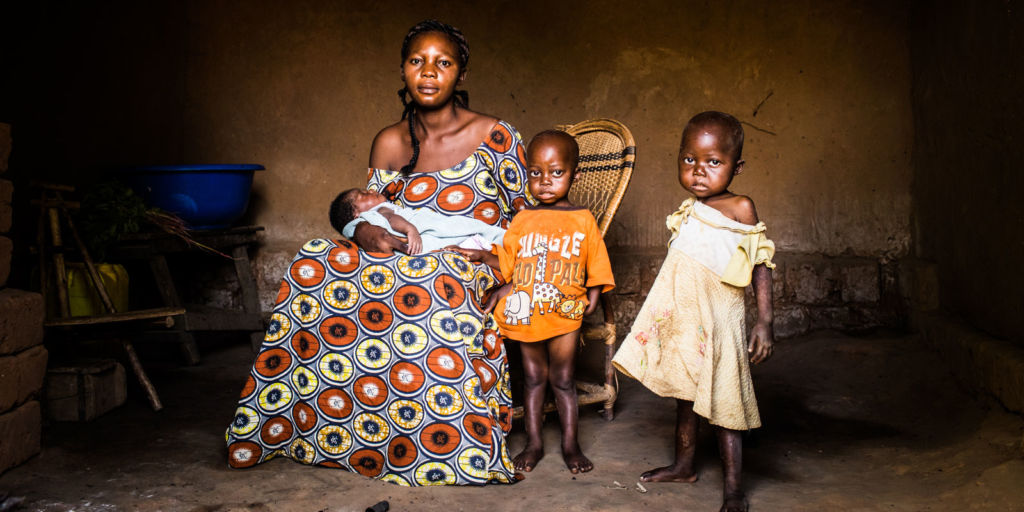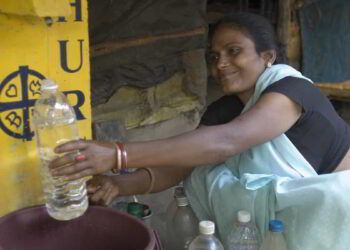If the modern world is truly a “global village,” that means everyone on earth is our neighbor—and Jesus was very clear about how we are to treat our neighbors. We have a responsibility to help them out of difficult circumstances.
While issues such as health care, education, the environment, equality for women and protection for endangered children are all major global concerns with their own particular challenges, they are also, in part, fueled by a common force: poverty.
In the United States, $1.90 is mere pocket change—the cost of a serving of wake-up java from your favorite coffee shop. But in other parts of the world, $1.90 represents a bitter cup as the official marker of extreme poverty—the daily income line below which too many struggle to eke out an existence.
Globally, around 736 million people are in this group, many of them children. Lacking adequate housing, hygiene, health care and education because they simply don’t have enough money, they pay a high price: disease, discrimination and, often, early death.
Indeed, poverty might well be viewed as the tip of a Titanic-like iceberg. According to The Borgen Project, poverty’s hidden impacts include:
- “Almost 3 billion people with no access to toilets, and almost 1 billion lacking clean drinking water.
- “The poorest 20 percent of the world’s children twice as likely as the richest 20 percent to be stunted by poor nutrition and to die before their fifth birthday.
- “2.7 million newborns worldwide die within their first month of life.
- “161 million children do not attend primary school.”
READ THE REST OF THE SPECIAL REPORT ON GFA.ORG
Read more news on Poverty Alleviation on Gospel for Asia: Digital Media Room.
This Special Report originally appeared on gfa.org.
Learn more about how the simple gift of an income-generating animal can be the turning point for an impoverished family—one their family has likely been desiring for generations, rescuing them from poverty.











